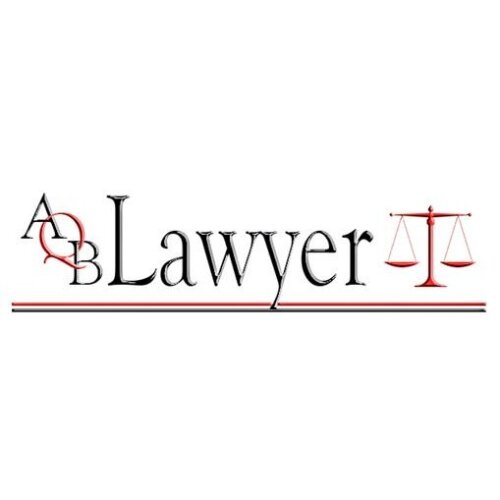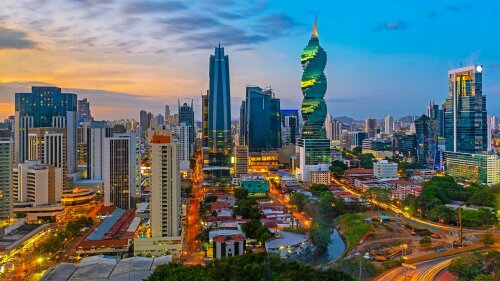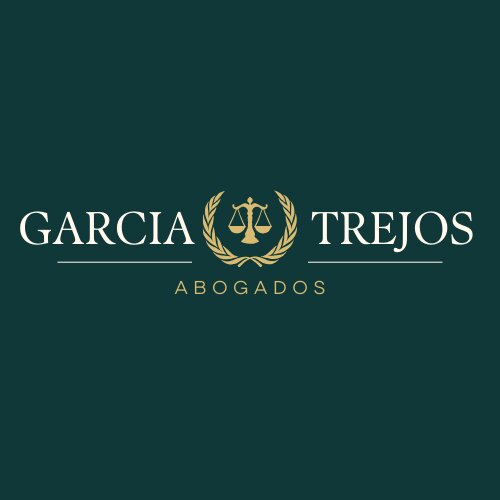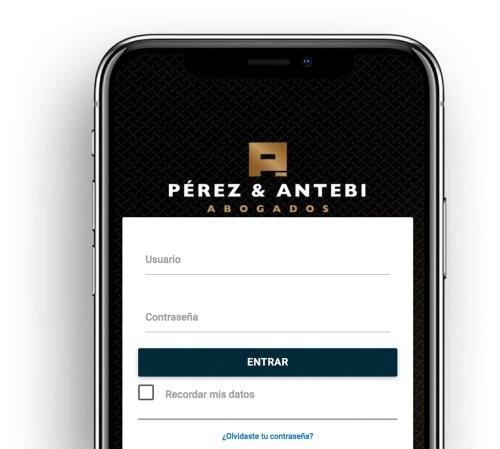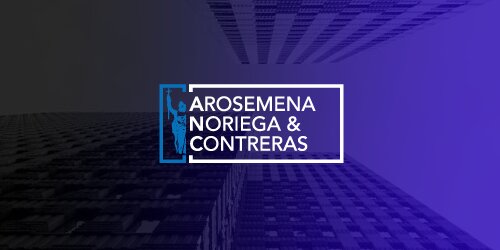Best Native People Lawyers in Panama
Share your needs with us, get contacted by law firms.
Free. Takes 2 min.
Or refine your search by selecting a city:
List of the best lawyers in Panama
About Native People Law in Panama
The Republic of Panama is home to a rich tapestry of indigenous cultures, with several recognized native groups including the Guna, Ngäbe-Buglé, Emberá, Wounaan, Bri Bri, and Naso. These communities inhabit specific regions and maintain distinct cultural traditions and languages. The government of Panama recognizes the unique status and rights of indigenous peoples, acknowledging their historical and ongoing contributions to the nation's diversity and heritage. Legal matters concerning Native People typically involve land rights, cultural preservation, education, and healthcare access, all crucial to maintaining their autonomy and way of life.
Why You May Need a Lawyer
There are various circumstances where legal assistance might be required concerning Native People in Panama. This includes disputes over land rights, where ancestral lands may be encroached upon by external entities such as developers or the government. Legal help could also be needed in matters concerning the protection of cultural heritage, ensuring compliance with laws pertinent to natural resources, and assisting with governance issues within indigenous territories. Additionally, navigating the legalities around education and healthcare rights for Native People often requires professional advice to ensure that existing legal frameworks are correctly applied and upheld.
Local Laws Overview
The Panamanian legal framework provides several protections for Native People, encapsulated in the Constitution and specific legislation. Indigenous territories, known as "comarcas," are semi-autonomous and have legal rights to self-governance under the framework of Panamanian law. The Law No. 10 of 1997 is particularly significant as it pertains to the Ngäbe-Buglé comarca, providing guidelines on land rights, governance, and resource management. The Law also empowers indigenous communities by recognizing their political structures and cultural norms. However, conflicts occasionally arise between national interests and the rights of indigenous communities, particularly relating to land and natural resources.
Frequently Asked Questions
What is the legal status of indigenous territories in Panama?
Indigenous territories, or "comarcas," are legally recognized areas that are semi-autonomous, allowing native groups to self-govern according to their customs within the framework of the national constitution.
Can indigenous laws conflict with national laws?
In certain instances, conflicts may arise regarding natural resource management and development projects. Panama's legal system aims to mediate such disputes, often requiring expert legal intervention.
How are land rights protected for Native People in Panama?
Ancestral lands are protected under Panamanian law through specific legislation aimed at preserving indigenous territories and preventing unauthorized usage or annexation.
What rights do indigenous people have regarding education?
Indigenous people have the right to education in their native languages and cultural contexts, with governmental programs supporting bilingual and intercultural education models.
Are there legal provisions for cultural preservation?
Yes, Panamanian law enshrines the protections for preserving the cultural heritage, traditions, and languages of native groups. Legal issues relating to this often require specialized legal advice.
How are disputes within indigenous communities resolved?
Many disputes within indigenous communities are resolved using traditional customs and legal systems specific to each group, with government laws respecting these processes as long as they do not contravene national law.
What should I do if there is a development project affecting native land?
It is crucial to consult with a lawyer specializing in indigenous law to understand rights and available legal actions, such as negotiations, mediation, or litigation.
What governmental bodies oversee Native People issues?
The National Authority for Indigenous Affairs (ANAI) and the Ministry of Government's Department of Indigenous Affairs are the primary bodies addressing the concerns and rights of indigenous communities in Panama.
How can international law help indigenous communities?
Panama is a signatory to international agreements like the United Nations Declaration on the Rights of Indigenous Peoples, which bolsters the legal frameworks safeguarding indigenous rights domestically.
What are the challenges faced by indigenous legal systems?
Challenges include ensuring consistent recognition of indigenous laws by national courts, aligning them with broader national legal standards, and securing resources for proper implementation and enforcement.
Additional Resources
Individuals seeking further information or legal advice might consider reaching out to governmental bodies such as the National Authority for Indigenous Affairs (ANAI) or the Department of Indigenous Affairs under the Ministry of Government. Non-governmental organizations such as the Indigenous Peoples Development Foundation and international bodies like the International Work Group for Indigenous Affairs are also valuable resources.
Next Steps
If you require legal guidance related to Native People in Panama, it is advisable to consult with an attorney who specializes in indigenous law. Begin by researching lawyers or law firms with expertise in this area and consider scheduling consultations to discuss your specific needs and seek advice. Additionally, contacting local indigenous organizations for referrals or recommendations can be instrumental in finding the right legal assistance.
Lawzana helps you find the best lawyers and law firms in Panama through a curated and pre-screened list of qualified legal professionals. Our platform offers rankings and detailed profiles of attorneys and law firms, allowing you to compare based on practice areas, including Native People, experience, and client feedback.
Each profile includes a description of the firm's areas of practice, client reviews, team members and partners, year of establishment, spoken languages, office locations, contact information, social media presence, and any published articles or resources. Most firms on our platform speak English and are experienced in both local and international legal matters.
Get a quote from top-rated law firms in Panama — quickly, securely, and without unnecessary hassle.
Disclaimer:
The information provided on this page is for general informational purposes only and does not constitute legal advice. While we strive to ensure the accuracy and relevance of the content, legal information may change over time, and interpretations of the law can vary. You should always consult with a qualified legal professional for advice specific to your situation.
We disclaim all liability for actions taken or not taken based on the content of this page. If you believe any information is incorrect or outdated, please contact us, and we will review and update it where appropriate.
Browse native people law firms by city in Panama
Refine your search by selecting a city.




